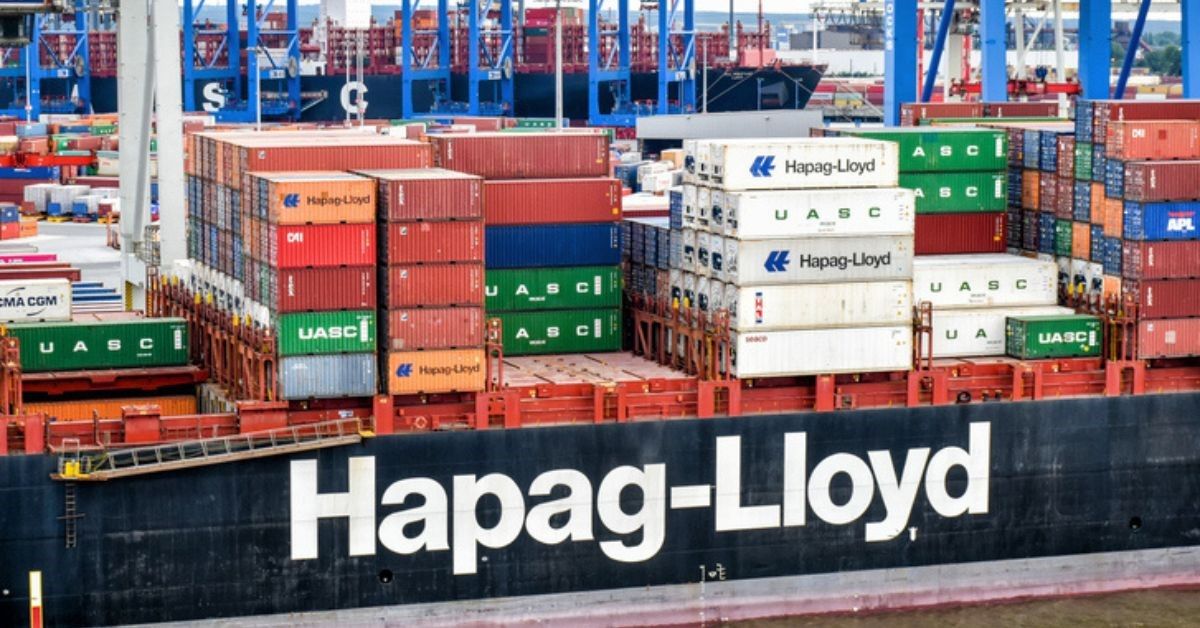Ahead of the carrier’s alliance with Maersk being launched on February 1st, Hapag-Lloyd has expanded its regional services related to Gemini, including a new ocean loop that connects China and India. While the entire IAX port rotation will be Mundra-Singapore-Qingdao-Tianjin-Xingang-Busan-Mundra, the intra-Asia India-Asia Express (IAX) will only make one port call in India, at Mundra, with relay options over hubs in Singapore and China. The X Press dyssey is scheduled to make the first sailing, arriving in Mundra on February 16.
The new service is provided through a slot charter agreement with Maersk, which allots 400 TEU of space each week to Hapag-Lloyd. The PS3 service Hapag-Lloyd provided with Singapore-based ONE before the Gemini Cooperation may be replaced by the IAX. Next week, the last PS3 ship departs India. Since the IAX launch presents a chance to transport Indian goods to North America through transshipment on upgraded Gemini connections that call at Chinese hubs, Hapag-Lloyd appears to be using a multifaceted network strategy. It currently operates a direct solo service, known as the TPI, between West India and North America.
Hapag-Lloyd recently announced a number of improvements to its feeder services across Asian markets, including opening new strings and adding port stops to several shuttle loops as the Gemini launch draws closer. The end of the month into the first half of February is when the redesigned feeder network is expected to occupy port positions. The shuttle upgrade program includes the following: Singapore Surabaya Loop (SS1), which rotates Tanjung Pelepas-Singapore-Surabaya-Semarang-Surabaya-Tanjung Pelepas; Taiwan Express (TWX), which rotates Tanjung Pelepas-Singapore-Taichung-Kaohsiung-Tanjung Pelepas; and China-Philippines Feeder (CPF), which rotates Nansha-Tanjung Pelepas-Singapore-Batangas-Manila-Subic Bay-Nansha; Jakarta Feeder (JKF), which rotates Jakarta-Tanjung Pelepas-Singapore-Jakarta.
The Gemini Cooperation, which uses “robust, dedicated” shuttle or feeder networks to relay containers in a hub-and-spoke operation that the partners hope would enable them to achieve 90% schedule reliability, is characterized by limited direct mainline communications. The information that is currently available indicates that Maersk is responsible for 60% of the total 3.7 million TEU Gemini capacity, with an emphasis on east-west trades.







